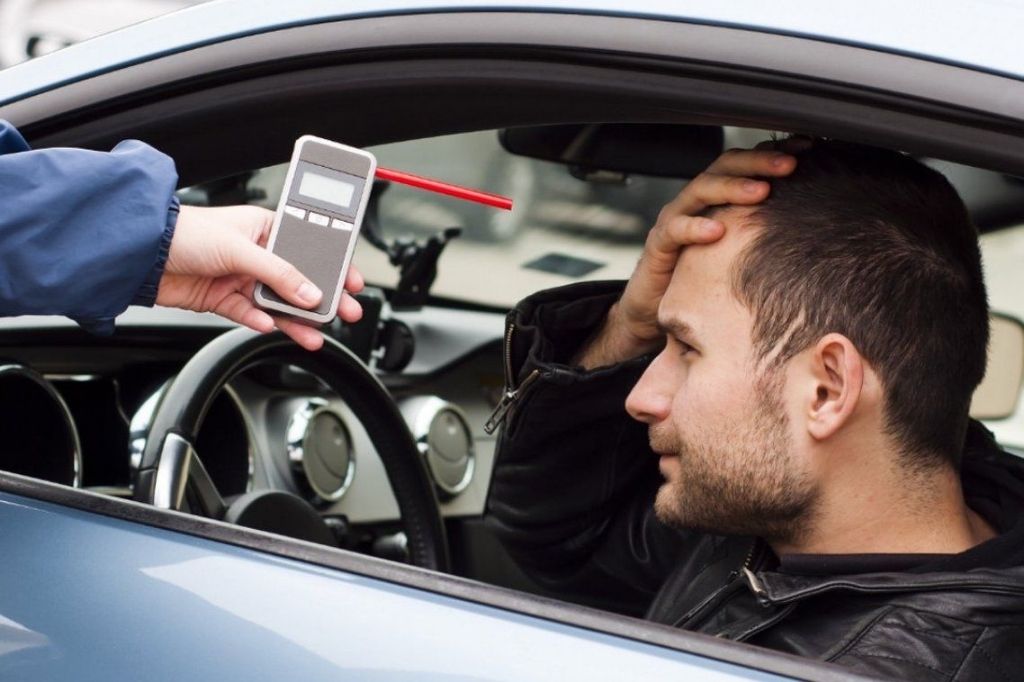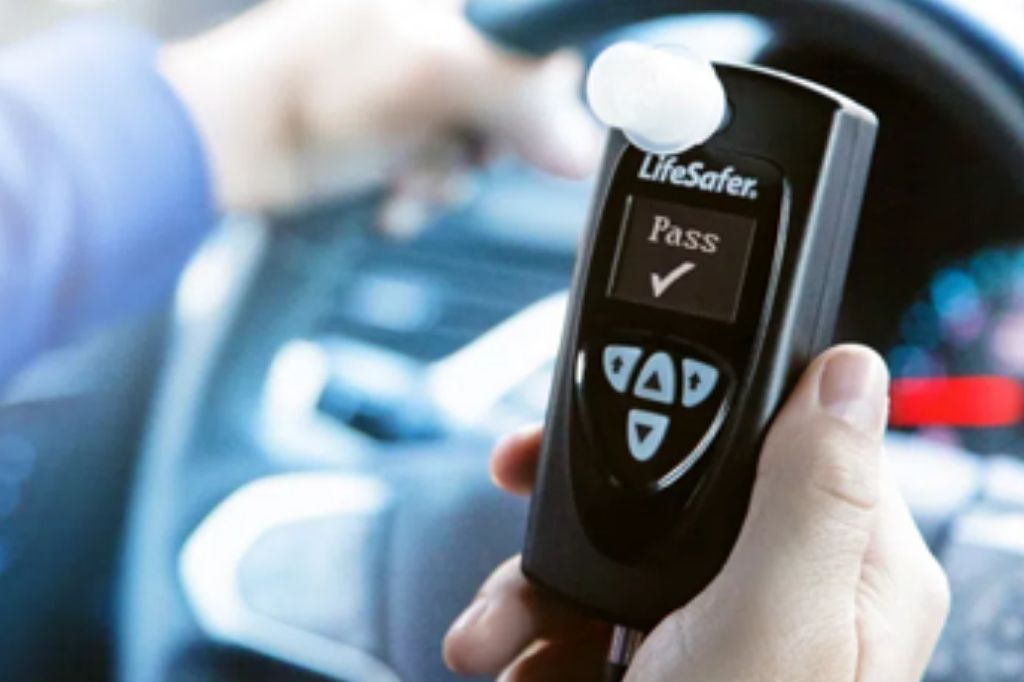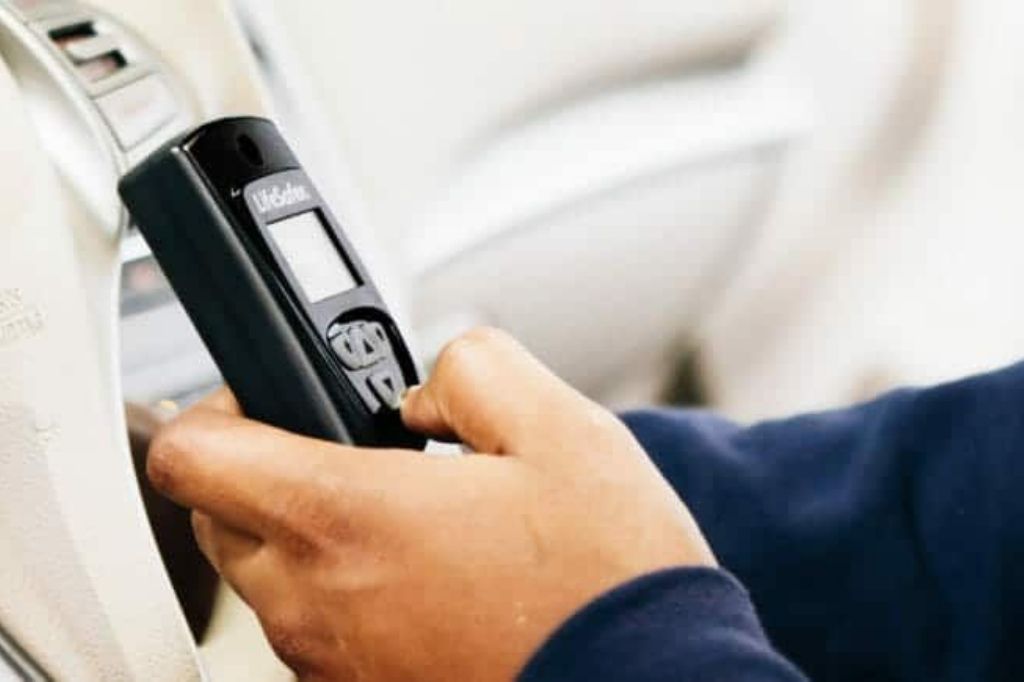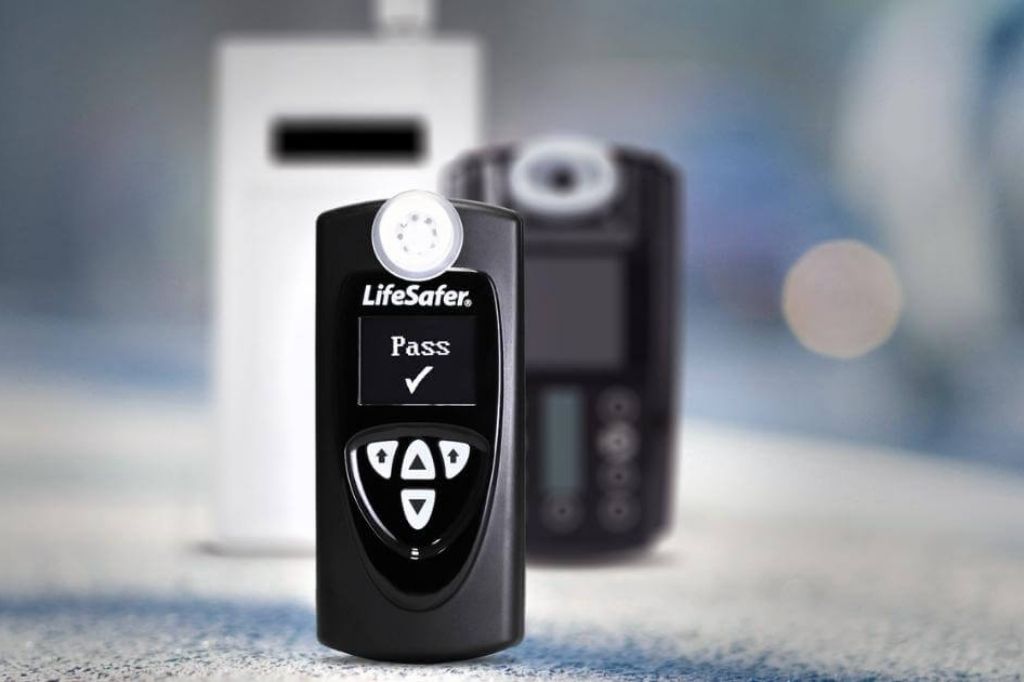When it comes to understanding legal terms, OWI vs DUI might sound like just a bunch of letters. But if you or someone you know has faced these charges, you’ll know there’s way more to it. Whether you’re navigating the legal landscape for yourself or just trying to stay informed, knowing the difference can make a huge difference. Different states have different terms, and those differences can really change the impact on your record, your fines, or even your freedom.
What Does DUI Mean?
DUI, or Driving Under the Influence, is a term many people are familiar with. It basically covers cases where someone is driving under the influence of alcohol or drugs. DUI doesn’t just mean drinking – it could also mean drugs, prescription meds, or even things like allergy pills if they make you drowsy. If something impacts your ability to drive safely, it falls under DUI in most states. A lot of folks don’t realize how broad this term can be.
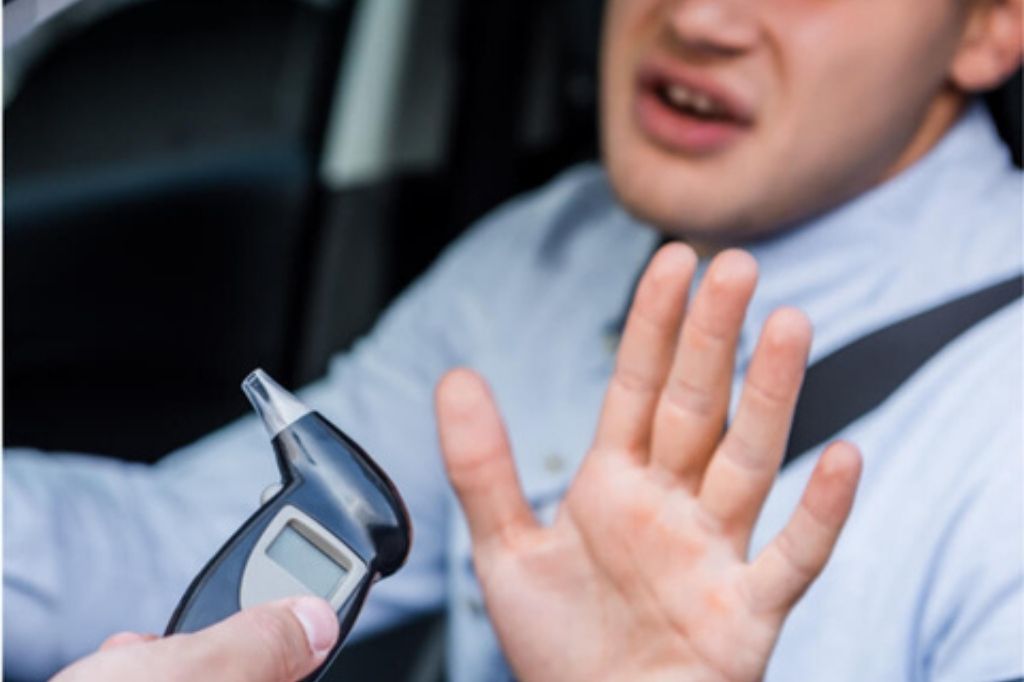
The legal limit for blood alcohol concentration (BAC) is usually 0.08% for adults over 21, but it can be lower for younger drivers or commercial drivers. In fact, for under-21 drivers, many states have a zero-tolerance rule, meaning any trace of alcohol can land you a DUI. Proving DUI in court can involve field sobriety tests, breathalyzer results, or even a blood test, which can be a process on its own. So, DUI is a catch-all term that covers a lot, and the penalties vary by state – sometimes it’s fines or short jail time for first-timers, and it can escalate fast if it’s a repeat offense.
What Does OWI Stand For?
Then there’s OWI, which stands for Operating While Intoxicated. Not as common as DUI, but some states like Wisconsin and Iowa use it. OWI is a bit different in that it doesn’t just cover driving a car. In some states, you can get an OWI even if you’re not driving – just “operating” a vehicle while intoxicated counts. Like, if you’re sitting in the driver’s seat with the keys in the ignition, you might be hit with an OWI charge because technically, you’re operating the vehicle.
This whole idea of OWI is built on the fact that sometimes, just having control over a vehicle while intoxicated is considered dangerous enough. You don’t even have to be moving. This broader definition is meant to discourage people from even thinking about taking control of a car if they’re impaired. So, penalties for OWI can vary, but they’re often stricter because it covers a wider range of situations. It’s not about whether you’re driving – it’s about the potential to start driving.
Related Article: Cheapest Ignition Interlock Device
Key Differences Between OWI and DUI
At first glance, OWI and DUI might seem like the same thing, but the differences matter depending on where you are. DUI is the term used in most states, while OWI is specific to a few places like Indiana and Iowa. The terms aren’t just different for the sake of it – OWI implies a broader definition of what counts as “operating” a vehicle. That alone can change the stakes entirely.

With a DUI, law enforcement is generally looking for impaired driving – meaning the vehicle has to be moving, or at least have been moving recently. OWI, on the other hand, doesn’t need the car to be moving at all. You could be parked, but if you’re intoxicated and in control of the vehicle, that could be enough for an OWI charge. So, in some cases, an OWI might come with harsher penalties just because the law covers more situations. And depending on the state, OWI can apply to different types of vehicles, too – not just cars but also boats, ATVs, and other motorized equipment.
Legal Consequences of OWI and DUI Convictions
The consequences for OWI and DUI can be quite serious, sometimes more than people realize. For both, the penalties can escalate based on your BAC level, whether anyone was hurt, or if you have prior convictions. First offenses might seem straightforward, usually fines and maybe a short license suspension. But with repeated offenses, it can get rough: longer suspensions, mandatory alcohol programs, and, in some cases, even jail time.
One difference worth noting is that some states treat OWI as more severe, given its broader interpretation. In states like Indiana, an OWI can come with a longer suspension compared to DUI, especially if you’re a repeat offender. And as for DUIs, they can vary widely too, with multiple offenses leading to a stack of penalties, higher fines, mandatory ignition interlock devices, and more. Then there’s the long-term effect – increased insurance rates, possible impact on job opportunities, and maybe even restrictions on professional licenses. The weight of these charges goes beyond fines and court fees; it can really impact life in the long run.
How to Avoid OWI and DUI Charges?
The best way to avoid both OWI and DUI? Simple – don’t drive if you’re impaired. That could mean planning a way home ahead of time, having a designated driver, or just using a rideshare app. These days, law enforcement is more vigilant than ever, so it’s smarter to have a backup plan if there’s any chance you might be drinking.
It’s also important to remember that some medications, even legal or over-the-counter ones, can impair your driving. If you’re on something new, check with your doctor or pharmacist. They’ll tell you if it’s safe to drive or not. And for anything impairing, it’s best to err on the side of caution. Taking the time to plan a safe way home might seem inconvenient, but the risk of an impaired driving charge just isn’t worth it.
At the end of the day, both OWI and DUI carry serious consequences, and it’s best to avoid them altogether. Take steps to keep yourself and others safe, and you won’t have to worry about these charges or the impact they can have.

